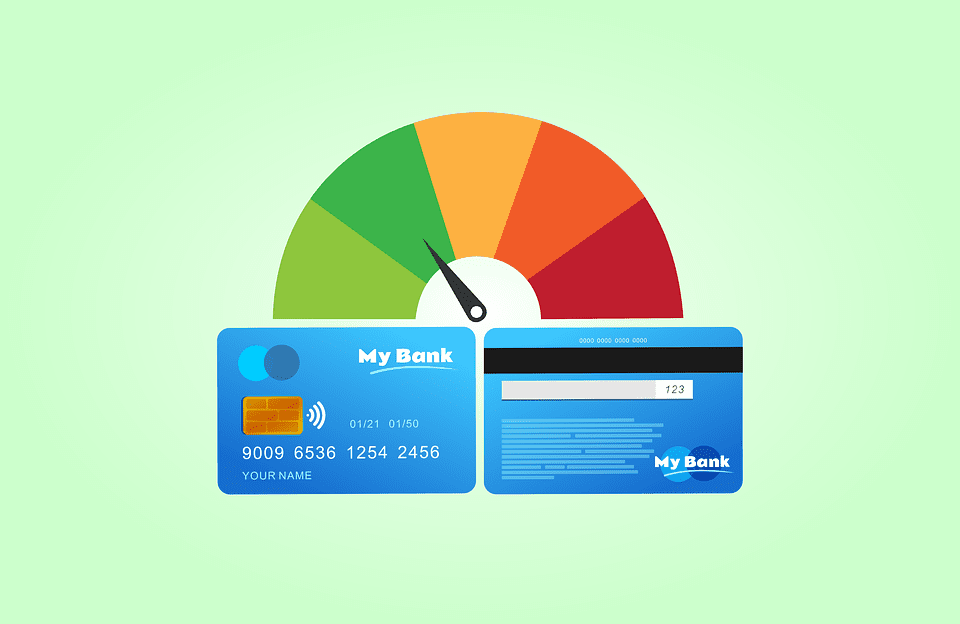How Long Should You Keep Your Tax Returns?
Keeping tax returns and supporting documents is crucial for various reasons, including filing future returns, responding to IRS inquiries, and claiming refunds or credits. However, understanding how long to retain these documents can be confusing. This guide will help you determine the appropriate retention periods for your tax returns and related documents.
General Guidelines for Keeping Tax Returns
- Basic Rule:
- Retention Period: Generally, you should keep your tax returns for at least three years from the date you filed your original return or two years from the date you paid the tax, whichever is later.
- Reason: This period covers the IRS statute of limitations for auditing your return and assessing additional taxes.
- Extended Situations:
- Underreported Income: If you underreported your income by more than 25%, keep records for six years.
- Claiming Losses from Bad Debts or Worthless Securities: Retain these records for seven years.
- No Return Filed: If you did not file a return, keep records indefinitely.
- Fraudulent Return: If you filed a fraudulent return, the IRS can audit you indefinitely. Keep records indefinitely in this case.
- Records for Property:
- Property Records: Keep records relating to property (real estate, stocks, etc.) until the period of limitations expires for the year in which you dispose of the property. This is important for calculating depreciation, amortization, or depletion deductions and determining the gain or loss upon sale or disposition.
Specific Documents and Their Retention Periods
- Supporting Tax Documents:
- W-2s and 1099s: Keep for at least three years.
- Receipts and Canceled Checks: Keep for three years if they support an item of income or deduction on your tax return.
- Bank Statements: Retain for three years to support tax-related transactions.
- Home and Property Records:
- Purchase Documents: Keep until you sell the property plus three years.
- Improvement Receipts: Retain until you sell the property plus three years.
- Sale Documents: Keep for three years after the sale of the property.
- Investment Records:
- Purchase and Sale Statements: Keep until you sell the investment plus three years.
- Dividend Reinvestment Records: Retain for as long as you own the investment plus three years after you sell it.
- Business Records:
- Employee Records: Keep for at least four years after the tax becomes due or is paid, whichever is later.
- Expense Records: Retain for three years.
- Inventory Records: Keep for three years from the date of filing the return containing the income or loss from the inventory.
Tips for Managing Your Tax Records
- Organize Your Documents:
- Use folders or digital tools to keep your records organized and easily accessible. Label documents by tax year for quick reference.
- Digital Copies:
- Consider scanning paper documents and saving digital copies. Ensure digital records are backed up and stored securely.
- Review Annually:
- Each year, review your tax documents to determine if any older records can be safely discarded.
- Consult a Professional:
- If you’re unsure about which documents to keep or for how long, consult with a tax professional or accountant.
Real-Life Example: John’s Record-Keeping
John, a freelance graphic designer, diligently keeps his tax records. He retains his tax returns and supporting documents for at least three years. When he bought a house, he kept all purchase documents, improvement receipts, and eventually, sale documents for the recommended periods. By organizing his records and keeping digital backups, John easily accesses his documents for tax filings and any IRS inquiries.
Conclusion
Knowing how long to keep your tax returns and related documents is essential for compliance and financial management. By following the general guidelines and specific recommendations in this guide, you can ensure you retain necessary records for the appropriate periods. This practice not only helps you stay prepared for any IRS inquiries but also supports your financial decisions and future tax filings.





